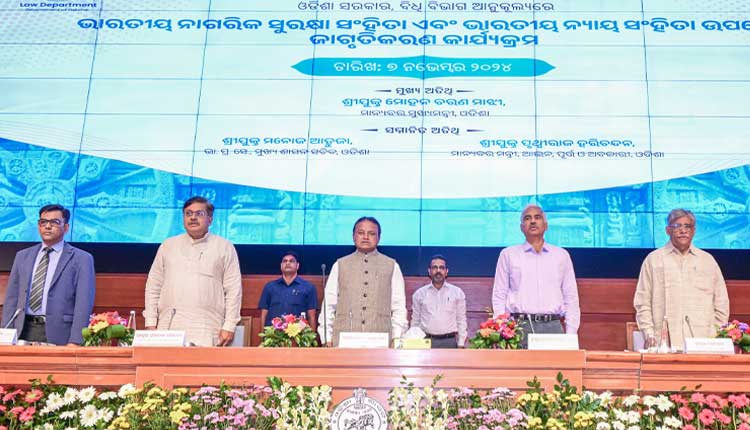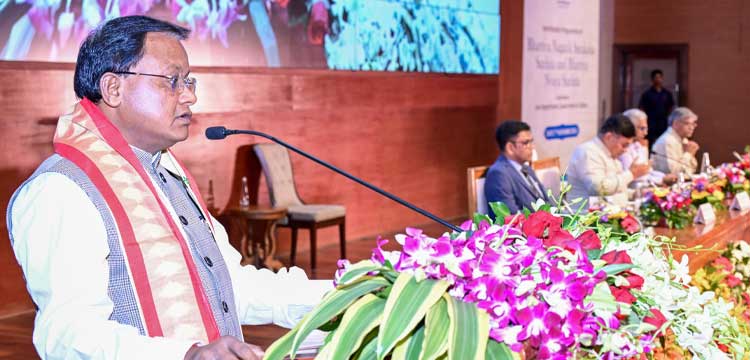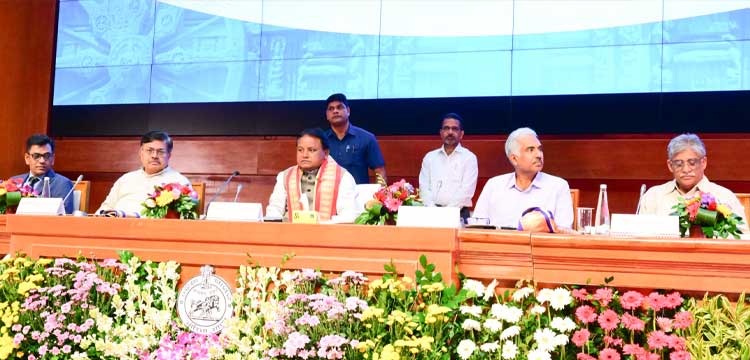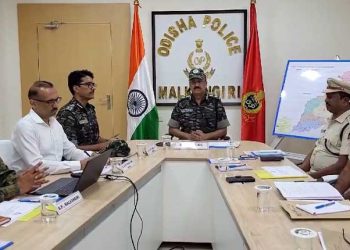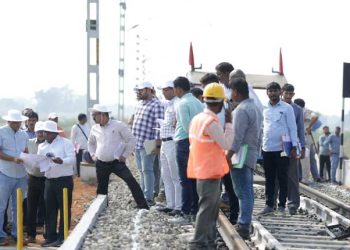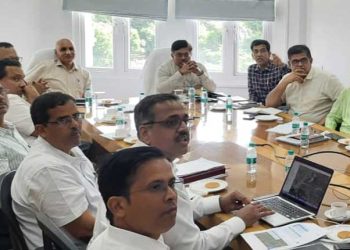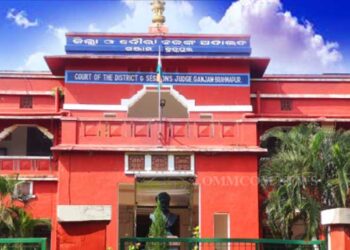Bhubaneswar: Chief Minister Mohan Charan Majhi, while participating in sensitization programme the Bharatiya Nagarik Suraksha Sanhita (BNSS) and Bharatiya Nyaya Sanhita (BNS) organized at Lok Seva Bhavan Convention Center on Thursday said that many old, obsolete and redundant laws in Odisha will be identified and repealed. The Chief Minister announced that this process has already begun.
The event, organized to create awareness about the BNSS and BNS was attended by representatives of various civil society organizations, women and child development activists, RTI activists, para-legal activists, sexual harassment protection activists, law university students and representatives from various sections of the society. The event was organized to create awareness at the individual and societal level about the enactment of these two landmark laws.
The Chief Minister said that there is a perception about India – ‘India is an over-legislated, but under implemented country’. “Our country has a lot of laws. Most of them are no longer relevant. In the last ten years, the Prime Minister has repealed more than 1,550 irrelevant laws,” the Chief Minister pointed out.
The Chief Minister said that the backbone of our judicial procedure or judicial system is the Indian Constitution and the ‘nyaya sanhita’ (penal code). “Our judicial system is run on the basis of this code. But we have been following the code that was enacted by the British government since 1860 till date. But you all know how irrelevant the 164-year-old law is in a society full of diversity like India,” he said .
Apart from this, the Chief Minister opined that in today’s rapidly changing society, such an old law was not fully capable of providing fair justice.
Therefore, realizing the need for timely changes, the government led by Prime Minister Narendra Modi has introduced these two new laws. He said that these laws will come into effect from July 1 this year.
Stating that the newly enacted law has been made victim-centric, he said that earlier it was criminal-centric. The main objective of this fundamental change is to provide speedy justice in a transparent and impartial manner.
The main objective of the BNSS is to protect the fundamental rights of citizens. He said that many changes have been made in the original law i.e. CrPC to make the work of the police fair and legal.
In his speech, the Chief Minister said that the new law has a proper system to ensure registration of complaints with the police. He said that the provision of Zero FIR through electronic means has also been made. Similarly, the provision for recording of statement persons below 15 years and 60 years of age, physically and mentally disabled persons and women without going to the police station, provision of verdict within 60 days under the POCSO Act, cyber crime, organized crime etc. has been made in this new code, the Chief Minister said.
The Chief Minister said that a provision has been made for them to do community service instead of jail or fine for various types of minor crimes. This will reduce the overcrowding in the jails and will provide an opportunity to change a person for minor crimes without trying him as a big criminal. This will definitely give an opportunity to many youth, especially those who are not professional criminals, to return to the mainstream, he said.
The Chief Minister outlined the provisions in the new law in areas such as mob-lynching, organized crime, extortion, sedition, etc.
Stating that the previous government in Odisha lacked the will to implement the rule of law, the Chief Minister said that there is no shortage of laws to solve various crimes in our country, if there is a shortage, it is the laxity in implementing them. Giving an example, he said that the conviction rate in cases related to violence against women is in single digits. According to NCRB data as of 2022, this rate is only 9.3 percent, which is shameful. The previous government used to talk about women empowerment every day. What kind of women empowerment is this, he said, is beyond comprehension.
He said that the conviction rate in Uttar Pradesh is 70.8 percent, in Mizoram it is 68 percent and in Bihar it is 60.9 percent. Another noteworthy fact is that the disposal rate of cases of violence against women in Uttar Pradesh is now more than 98 percent. What I mean to say is that there are only two reasons for this shameful situation in Odisha, the first is the lack of investigation and the second is the lack of political will.
“But, all this will not work now. I had said in the Legislative Assembly that the criminals reform themselves , otherwise the government has many ways to reform them. I had said in the last conference of district collectors and police that steps should be taken to investigate and punish in all cases related to violence against women pending in various police stations, and courts of the state. I will request the Law Minister to monitor this work on a war footing and take steps to set up special courts if necessary.”
Joining the event, the Minister of Works, Law and Excise, Prithviraj Harichandan said that the law has been amended to simplify the system. He opined that the rule of law can be effective only when the common man understands the law. He said that this sensitisation programme has been organized with the aim of simplifying the law and making it people-oriented. He said that the system of village courts has already been started in Odisha and it will be taken further, he said. He said that through this, many problems can be solved through mediation at the village level.
Chief Secretary Manoj Ahuja said that when the common man gets justice, it is said that the system is good. However, there is a need for widespread awareness at the grassroots level. The purpose of the law is to provide speedy justice. He stated that after the implementation of the new law, some crimes have been provided speedy justice and gave some examples of this. He said that this has started the process of changing the legal landscape of the country.
Former Information Commissioner and prominent Right to Information activist Jagdanand said that this is a historic conference. He said that the effort to connect people with the law is welcome. He opined that the law cannot be people-oriented unless it changes in proportion to the changes in the society. He opined that there is a need to translate the laws into simple Odia language along with various tribal languages and disseminate them.
Manas Ranjan Barik, Principal Secretary, Law Department, delivered the welcome address.



